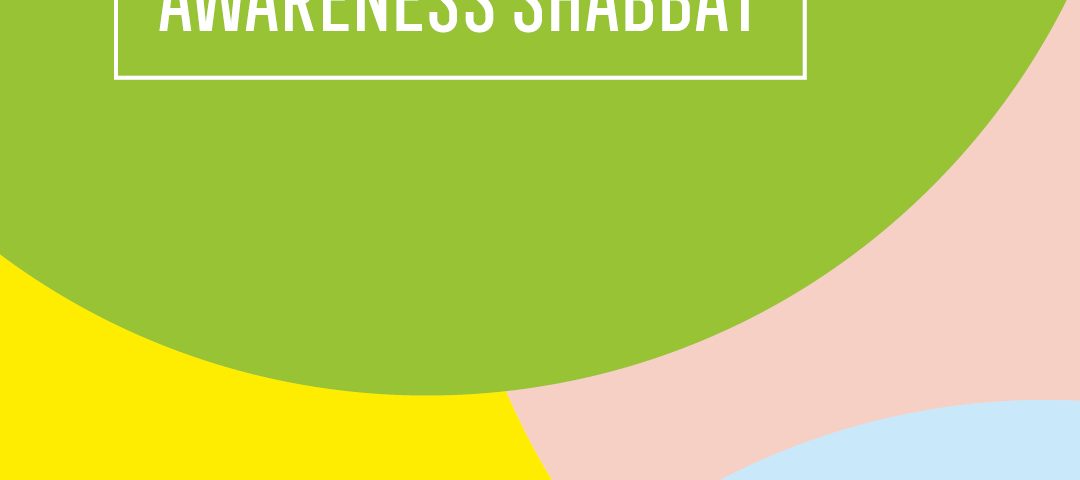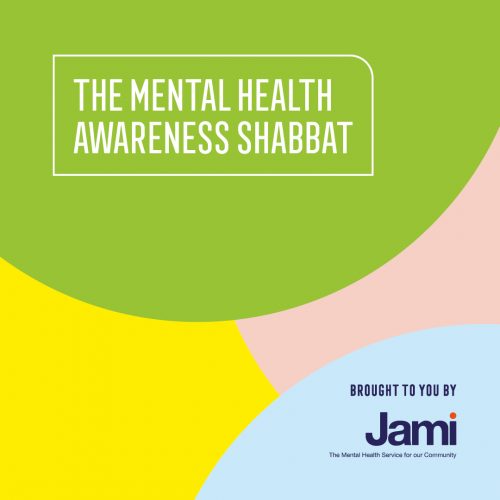
by Rabbi Mendy & Rebbetzin Brocha Lent – Chabad on Campus Nottingham, Est. 2008
1 in 3 students will experience some form of mental health crisis at university…
We had been supporting thousands of students with Shabbat dinners, giving classes, delivering care packages and spending late nights offering a listening ear and a shoulder to cry on in times of distress. However, it was only after reading a harrowing blog post by a popular alumnus, that the stat really hit home. We brought him to speak to current students and pledged to deepen our education and participate in Mental Health First Aid training. We have also engaged mental health professionals to assist when needed.
Bringing Mental Health Awareness Shabbat to campus also helped to break the mental health taboo and allowed it to be a perfectly normal topic to discuss at our weekly student Shabbat table. Away from the pressure of studying and the mundanity of the week, the students eat, sing, talk and connect whilst preparing mentally and spiritually for the week ahead.
But then Covid came along.
Introverted students no longer left their rooms. Those living with anxiety, depression and other conditions now have additional fears and those who tragically lost relatives have been unable to grieve with their families.
For freshers there were additional concerns:
Starting university is an extremely confusing time. Fresh out of their protective home environment, the loosening of boundaries and expectations to drink excessively, explore and break free, is more than many can handle. Covid restrictions curtailed most of those activities and reduced many of the associated issues but they have been deprived of many crucial opportunities of settling properly and finding the sense of community that they really need.
Now, more than ever, the students need us. All Chabad branches have continued to provide support, both in person and online. Delivering dinners to those in isolation, comforting grieving students, offering online activities and providing Shabbat Packs-To-Go. So popular are these packs that we are catering over 150 meals each week.
The Shabbat packs are more than just about the food. The pack is a hug, it tells the students we are thinking about them and their welfare. It’s a break from the monotony of isolation and a chance to celebrate Shabbat with a gift of connection.
For freshers they are a real blessing. Although strangely, we’ve only communicated with them virtually, as they sit together on the floors of their Hall corridors eating their Shabbat meals together, they feel part of a community.
An increasing number of parents and students have reached out for support. Some needed a listening ear, others a bowl of chicken soup, others were guided onto the Jami Kooth online wellbeing services, whilst some needed a referral onto a pro-bono therapist.
It is far from ideal — students are desperate for face-to-face interaction and it is so hard not to be able to provide this refuge. But they are showing great resilience and we will continue to give as much love and care as we can.
